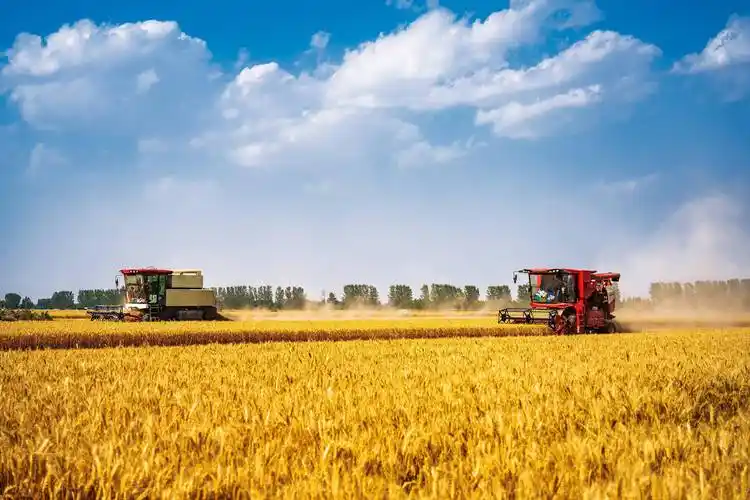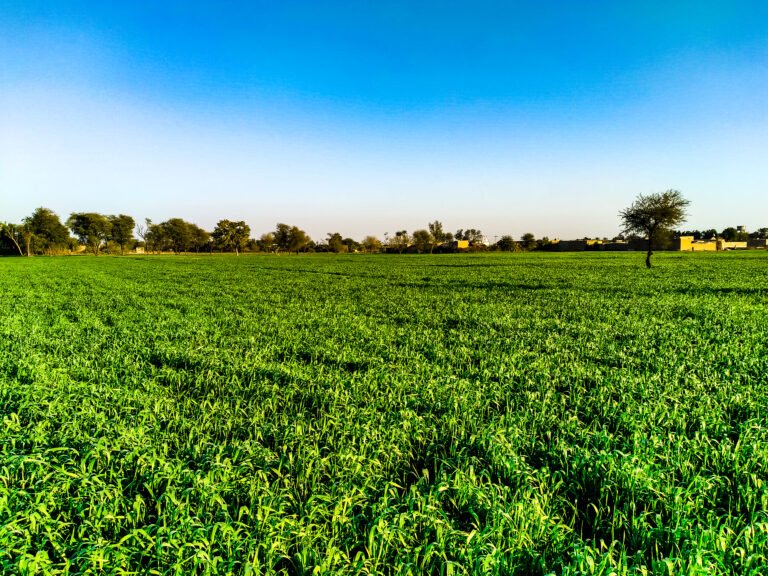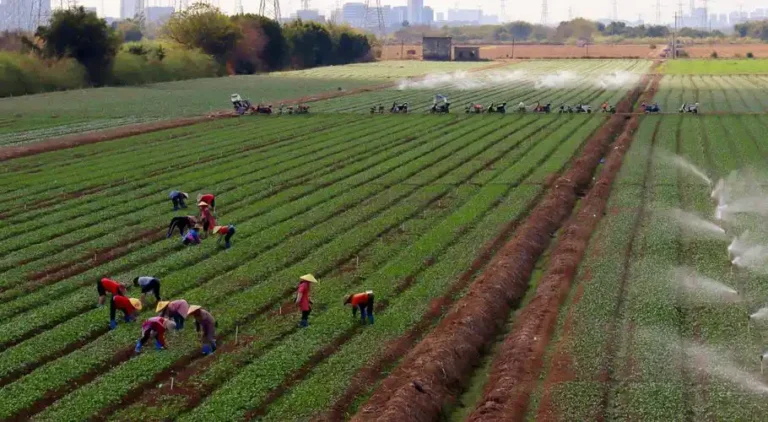In the midst of Silicon Valley’s hype about “unmanned farms,” Mr. and Mrs. Le in Vietnam’s Mekong Delta are using an alloy scythe to harvest double-cropped rice during the annual flood season – the norm for the world’s 500 million smallholder farmers. While tech giants plan agricultural utopias with sensors and satellites, we see that the real resilience of food is hidden in these forgotten handmade tools.
The underestimated “low-tech” revolution:
According to the Food and Agriculture Organization of the United Nations (FAO), 83% of the world’s farms are smaller than 2 hectares, contributing 30% of the food supply. These farms, scattered on steep slopes, in rainforests and on the edges of deserts, are simply too small to withstand a combine harvester. In the Peruvian Andes, in a quinoa field at 4,000 meters above sea level, a lightweight scythe can harvest 20% more efficiently than mechanization – because the perception of human hands is still an irreplaceable competitive advantage when working on steep slopes.
The logic of our existence:
Internet data shows that,
In Orissa, India, rusty, poor-quality scythes lead to a waste of 127 kilograms of rice per hectare.
Kenyan tea farmers have reduced their average daily harvest by 40% due to bulky knives.
Over-reliance on chainsaws on Indonesian palm plantations triggered carpal tunnel syndrome in 83% of workers.
Writing on the Edge of the Anthropocene
While California tech farms are losing 20,000 tons of lettuce due to a cyberattack, Grandma Kasindi in Uganda is rescuing cassava in a drought with a scythe that has been passed down for three generations – a metaphor for the confrontation between two parallel worlds. We choose to side with the latter, knowing this: in the countdown to climate collapse, it’s never more complex algorithms that can save humanity, but the logic of bringing tools back into subjection to the land.
At this moment, every scythe delivered is a gentle rebellion against “technological hegemony” – it doesn’t talk about the interconnectedness of everything, but you can still hear the rustle of the blade cutting through the ears of rice.




